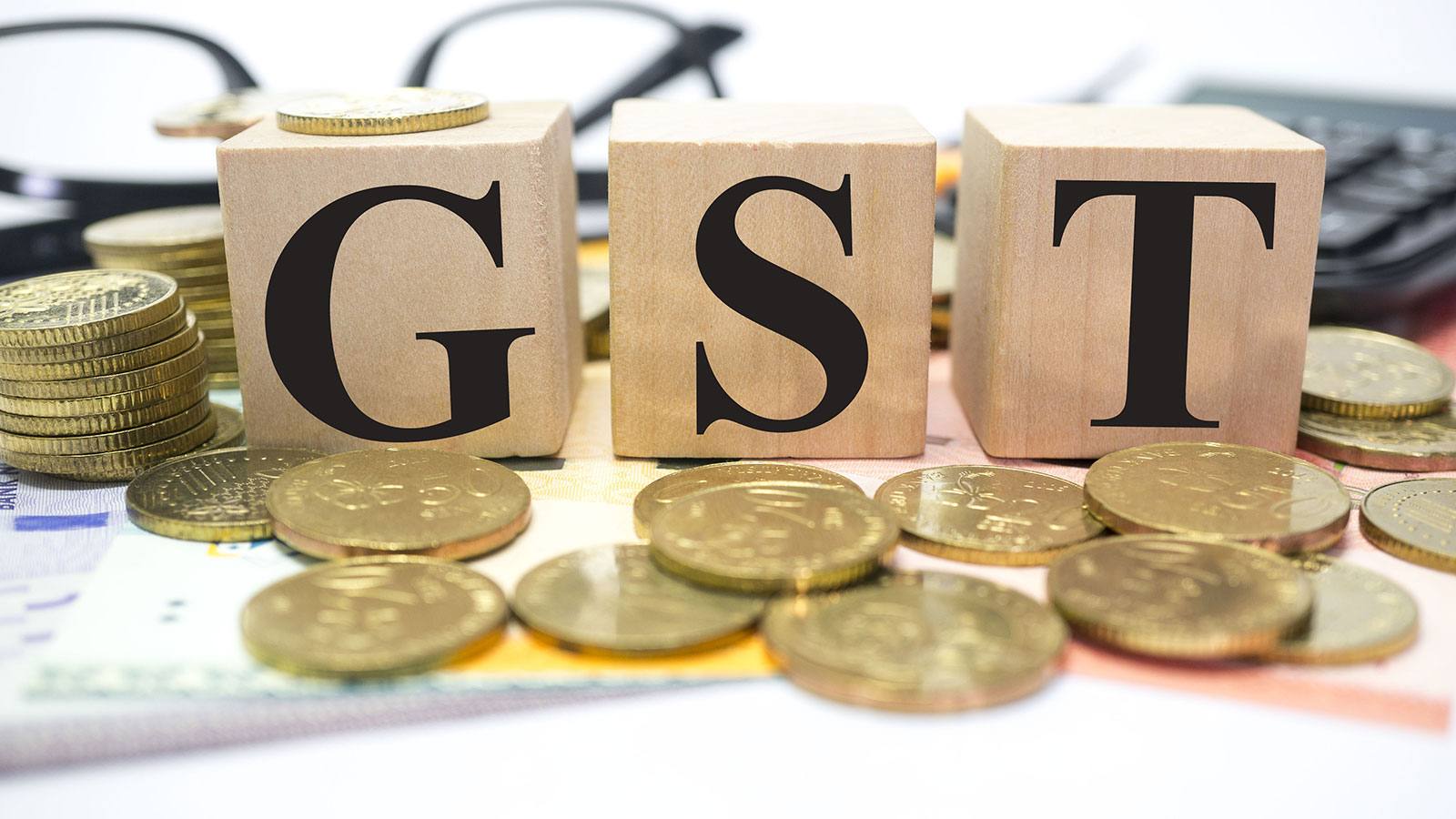
Most of the discussion on budgets in India is dominated by the discussion of union budget and hence adequate attention is not drawn to trends in state budgets. However this much is well-known that state governments have faced increasing pressure in recent years to meet the extra needs of people caused due to the adverse economic situation related to demonetization, the pandemic, prolonged lockdowns, adverse weather conditions and disaster situations, very high levels of unemployment combined with significant price-rise.
Of course the situation is not the same in all states in all these respects but by and large we can say that in most parts of India the people, particularly the weaker sections and the unorganized sector, not having employment security and social security, have been suffering the most on account of all these factors and hence there is a genuine need as well as pressure on state governments to increase various welfare expenditures to provide much needed relief to people.
In these conditions of enhanced responsibility, the difficulties of state governments have increased due to the fact in recent times states have received a significantly lesser share of central taxes compared to the legitimate expectation, based on finance commission recommendations, as well as the peak achieved earlier. According to the latest Finance Commission Report the share of states should be around 40% of gross taxes, but instead this has been around 29-30% in recent times. The union government has been resorting more and more to cesses and surcharges for raising resources, with their share in gross tax revenue almost doubling from around 10% to 20% within the last decade or so. As these cesses and surcharges are mostly not shared with states, the size of the divisible tool to be shared with states has been shrinking in relative terms. On top of it , cesses and surcharges are not always being used for the purpose for which these were raised, thereby further messing up fiscal responsibility and transparency.
In fact the need to be fair to states has increased after the GST regime of indirect taxes was established as this greatly limits the capacity of any state government to raise resources quickly, autonomously and more in keeping with their circumstances, as the power to decide indirect taxes is now more with the union government and the GST Council. Of course states are represented in the Council but their immediate ability to raise resources has certainly been affected adversely. The compensatory regime which was established for a limited period to temporarily sweeten the GST pill for state governments is also ending now and so it is all the more important for the union government to be more sensitive towards the financial needs of state governments. Unfortunately the union government has not quite lived up to this federal responsibility in recent times.
This can have adverse impacts at state level in several contexts but two of these adverse impacts may be emphasized here in particular. First and foremost, the welfare of people particularly weaker sections may be adversely affected in some crucial contexts, particularly in terms of the resources needed for the welfare initiatives which state governments want to take on their own, keeping in view also their special needs and circumstances as well as independent thinking, consultations with people regarding their needs and promises to people based on this. If states are unable to meet their share of contribution for some central programs and schemes, they may additionally lose more funds. Hence there may be a compelling need to provide this contribution. However if they prioritize this the most in a situation of resource constraints, then what they are left with for their own welfare schemes, which may be more relevant to their specific needs, may get reduced further.
Secondly, in a situation of such overall resource constraints, state governments may become more dependent on those kinds of revenue sources which may have very harmful social and ecological costs. Some states have been desperate to increase their excise earnings by promoting liquor consumption and opening more liquor vends even in more remote villages. The new controversial excise policy of the AAP government in Delhi sought to increase revenue by increasing the number of liquor vends in Delhi at one go from around 630 to about 850. Some states have been more eager to promote earnings from excessive and indiscriminate mining and quarrying with very high environmental costs.
Both these trends have been reported from several states and while narrow local and personal factors may also be involved here, one compelling factor has also been to tap to the maximum whatever quick revenue increasing sources may still be within the grasp of the state government concerned, to make up for resource shortages.
To avoid such adverse situations which are harmful for people, the union government should give much more attention to ensuring that states get their just share. The demands for a higher share of taxes to be provided to state governments and extension of GST compensation to them, which have have been frequently voiced in recent times, deserve urgent attention and sympathetic consideration from the union government.
Bharat Dogra is Honorary Convener, Campaign to Save Earth Now. His recent books include Planet in Peril, Man over Machine and India’s Quest for Sustainable Farming and Healthy Food.